News
7 Downsides of Crypto Gaming and How to Get Around Them
ChainPlay
•
3 hours ago
Share :
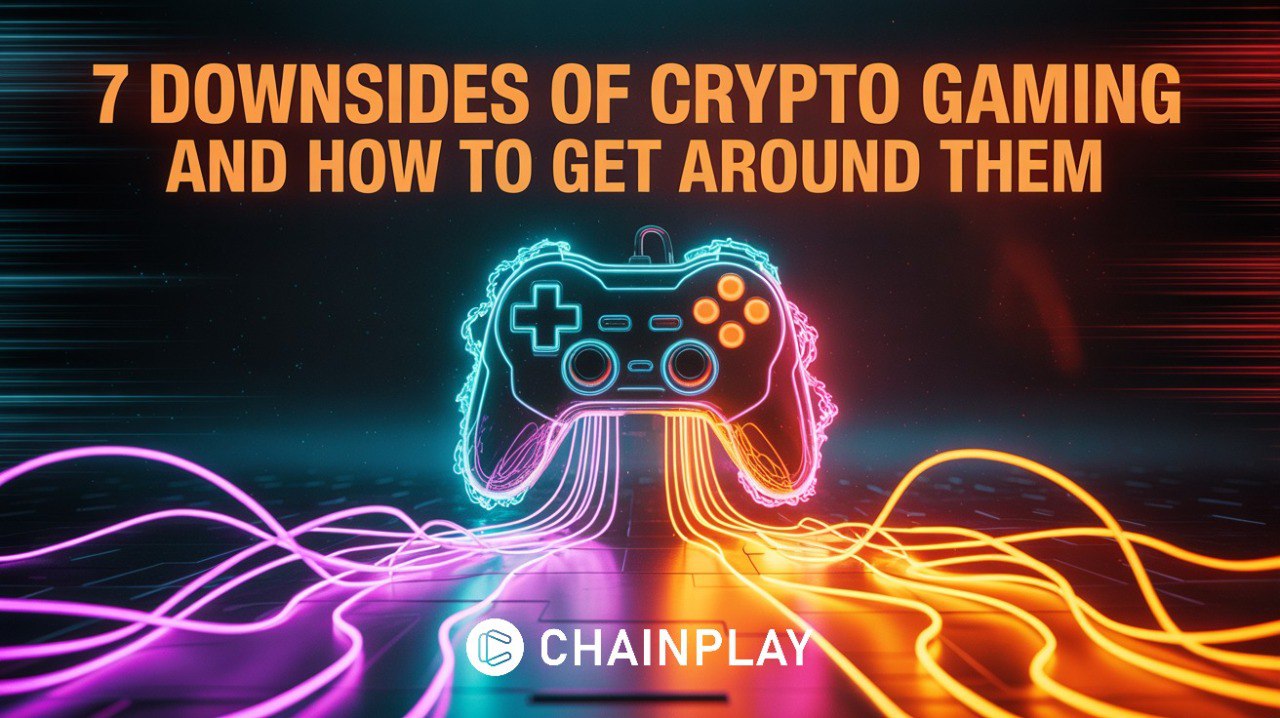
Crypto gaming has gone from a fringe idea to something you hear about every day in local cafés and online forums. This mash‑up of blockchain tokens, NFTs, and video games has attracted millions of players and investors. As of 2024, there were over 560 million crypto owners worldwide, about 6.8% of the global population.
Early 2025 saw over seven million active blockchain gaming wallets, a nearly 400% jump from the year before. People love the idea of owning and trading their game items for real money, but when you peel back the marketing, there can be serious downsides.
1. Market Volatility
From volatility to security, each challenge has a fix. People are drawn to crypto casinos because they promise wins, and they often deliver on that promise, but if you don’t bet with the right coin, those rewards could be tethered to a token that can lose half its value by the time you cash out.
Blockchain markets are volatile. Values can spike or crash within hours, and those volatile price swings can leave your earnings worth far less than you expected. Start small and use stablecoins pegged to fiat when possible. If you focus on gameplay rather than speculation, the swings matter less, and you’ll enjoy the experience for what it is.
2. Security Threats
Blockchain gives players true ownership, but it also attracts hackers. Play‑to‑earn games and crypto exchanges have lost millions to breaches, and connecting your wallet to a shady platform can empty it in minutes. Use reputable wallets with two‑factor authentication and never share private keys. Consider hardware wallets for valuable NFTs and pick games with audited code. Trust is earned, not given.
3. Regulatory Uncertainty
Cryptocurrencies exist outside government control, and the legal frameworks are different everywhere. A game that’s legal in South Africa could be banned elsewhere, and there’s little guidance on taxes or consumer protection. Stick with platforms that comply with know‑your‑customer rules and publish policies. Keep up with local regulations and consult a tax professional if your earnings grow.
4. High Cost and Entry Barriers
Many crypto games require expensive NFTs or token bundles to start, which could be partly why Rockstar Games banned NFTs on fan-made GTA servers despite not even being a crypto game. Some starter teams cost hundreds of dollars, turning a game into an investment. Look for free‑to‑play or low‑cost titles and use scholarship programs to get a feel without breaking the bank. Never invest more than you can afford to lose.
5. Low Game Quality and User Experience
Many early blockchain games felt like spreadsheets with a 3D skin. Studios rushed to add tokens and ignored design, so players ended up grinding boring tasks to earn a few coins. Play games that are fun, even if there are no tokens. Check reviews and communities before committing, and support studios that put gameplay first. An expert report on the GameFi sustainability problem highlights how gameplay‑first design is gaining traction.
6. Technical Complexity
Setting up a crypto wallet isn’t as simple as logging into a console. New players need to manage seed phrases and gas fees, and that learning curve scares off many gamers. Use beginner‑friendly wallets and follow official tutorials. Some games hide the blockchain complexity behind in‑client wallets or custodial accounts, though that reduces control. Educate yourself and start with small transactions while you figure it out.
7. Economic Exploitation and Player Inequality
The play‑to‑earn model promised to democratize gaming income, but it’s created new forms of inequality. Players in lower‑income regions grind to earn a few dollars while early investors reap disproportionate rewards. To avoid exploitation, choose decentralized games with transparent governance, join fair communities, and walk away when it feels like a job. Gaming should be enjoyable, not another hustle.
Share this article
#Other
Latest News
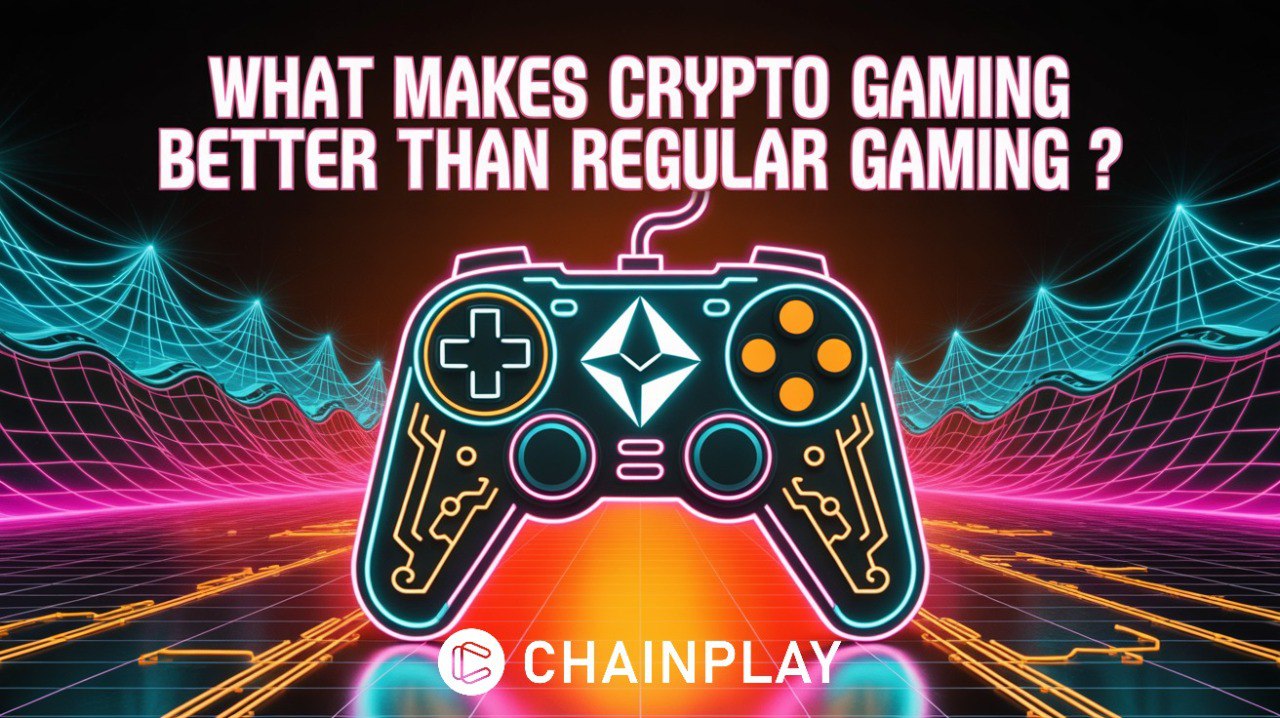
What Makes Crypto Gaming Better Than Regular Gaming
2 hours ago

7 Downsides of Crypto Gaming and How to Get Around
3 hours ago
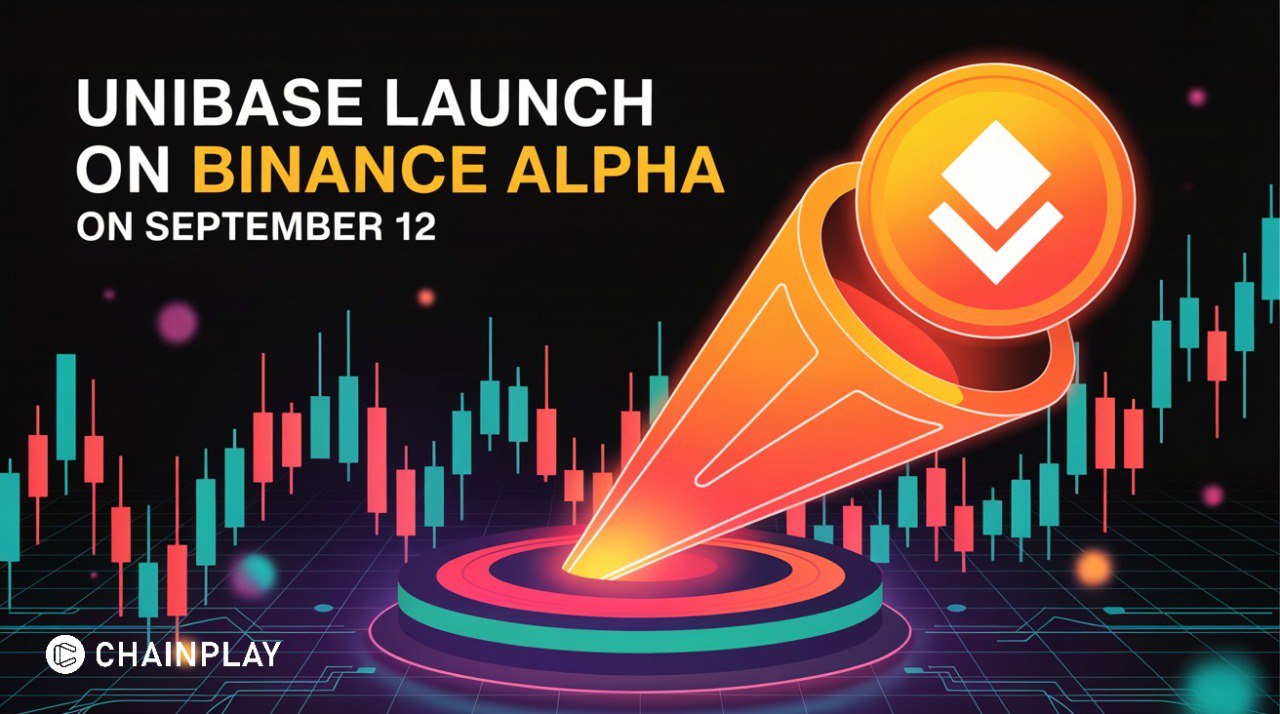
Binance Announces Alpha Airdrop and Binance Futures
6 hours ago
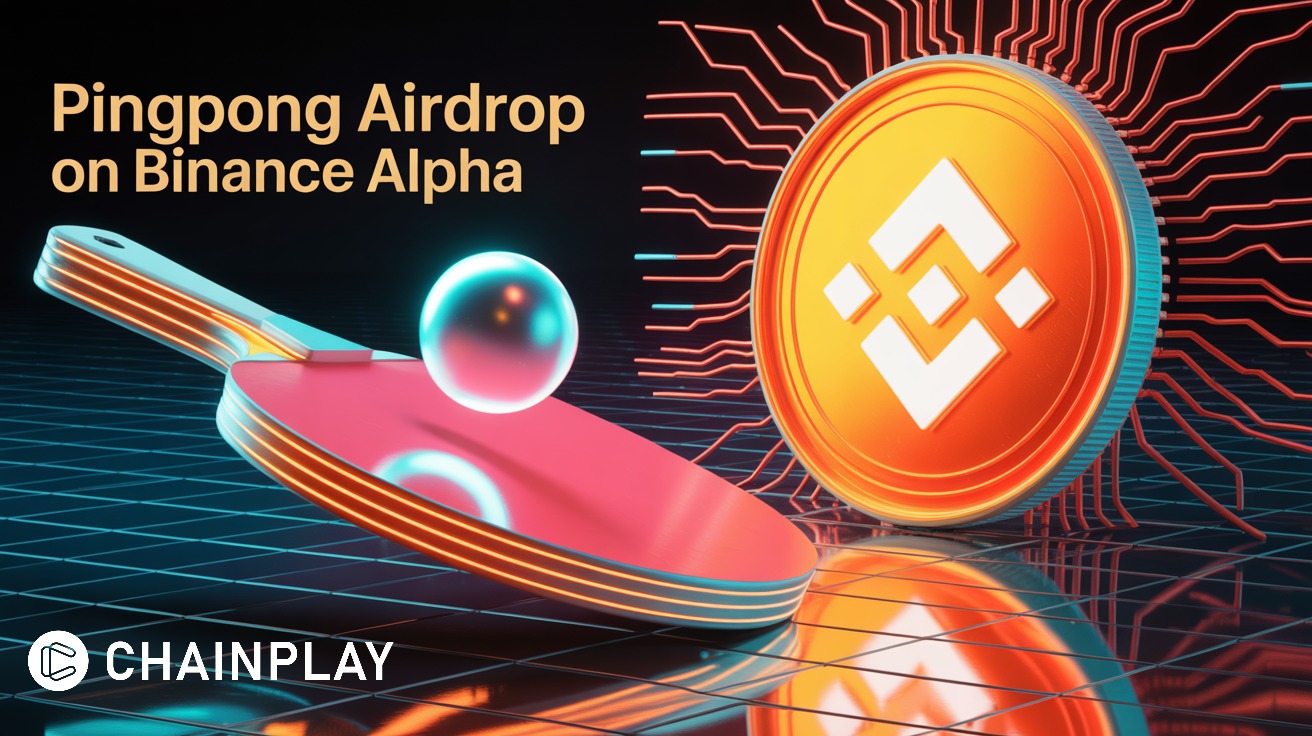
PINGPONG Listing & Airdrop Event on Binance Alpha Sept
yesterday
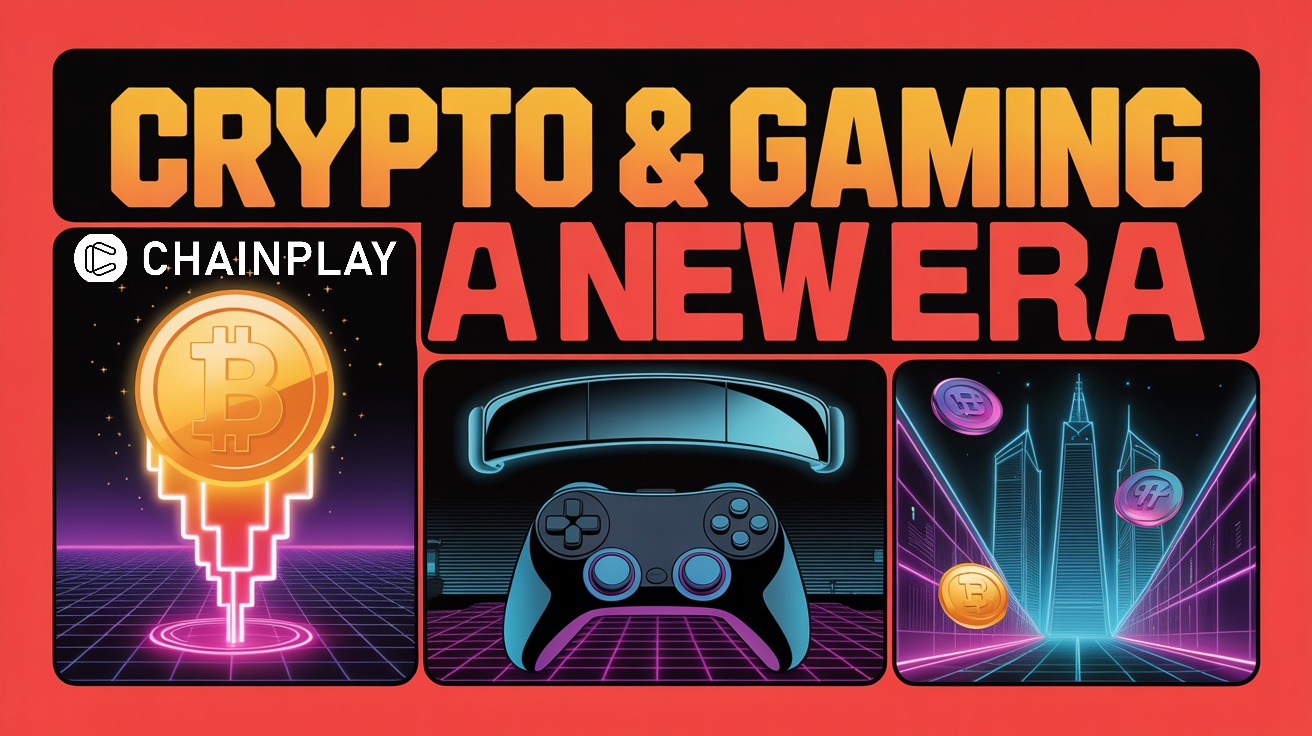
How Crypto is Ushering in a New Era in the Gaming Industry
yesterday
Related articles

PINGPONG debuts on Binance Alpha Sept 11. Claim airdrops with Alpha Points, trade early, and join the growing PINGPONG community.
ChainPlay
•
yesterday

Binance has announced that on September 12, Unibase (UB) will launch on both the Binance Alpha and Binance Futures platforms. Binance will officially become the first global platform to feature Unibase, a decentralized AI memory layer.
ChainPlay
•
6 hours ago

Blockchain technology is reshaping gaming through faster payments, enhanced privacy, provably fair systems, player ownership, and play-to-earn opportunities
ChainPlay
•
2 hours ago



